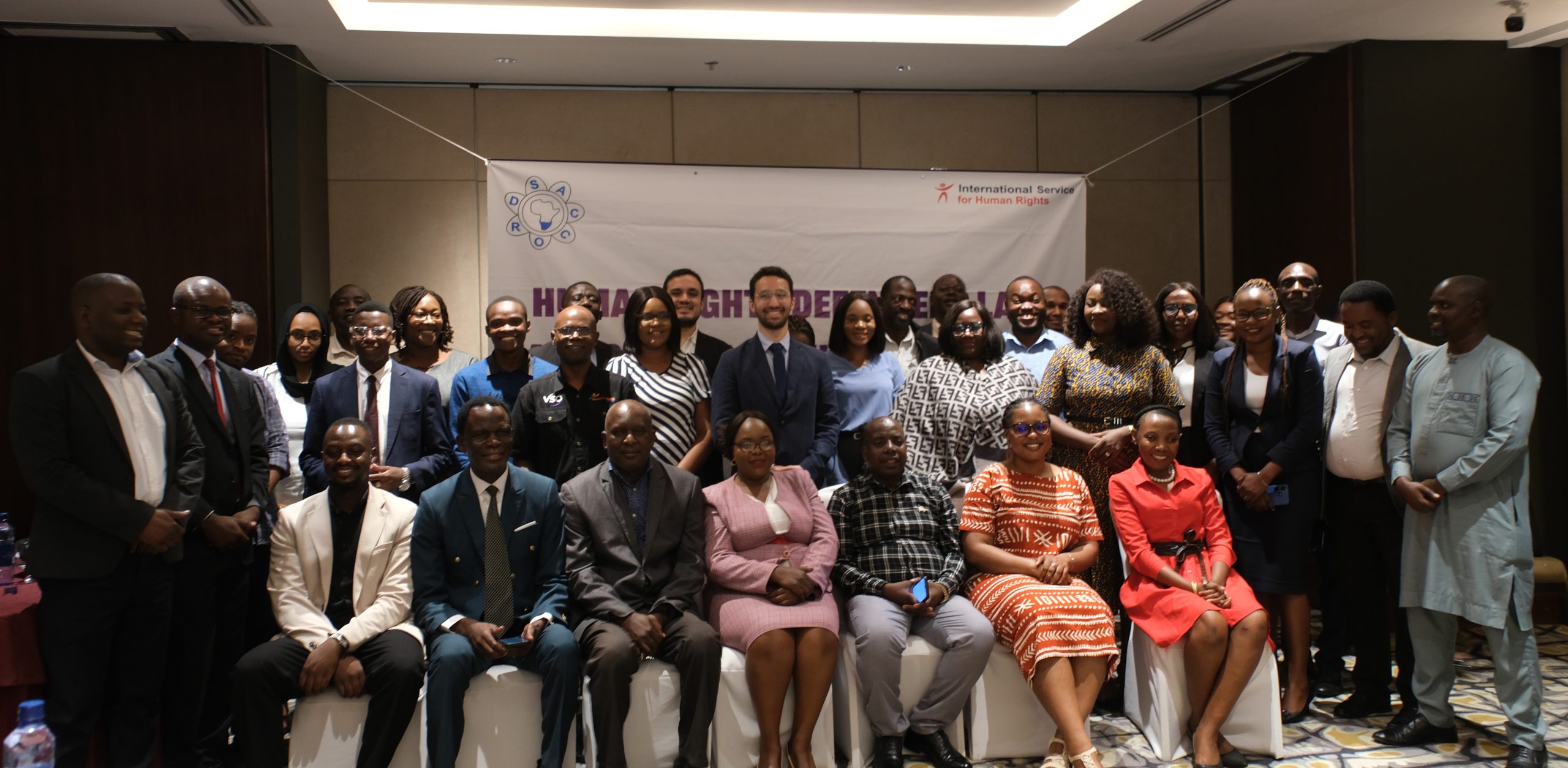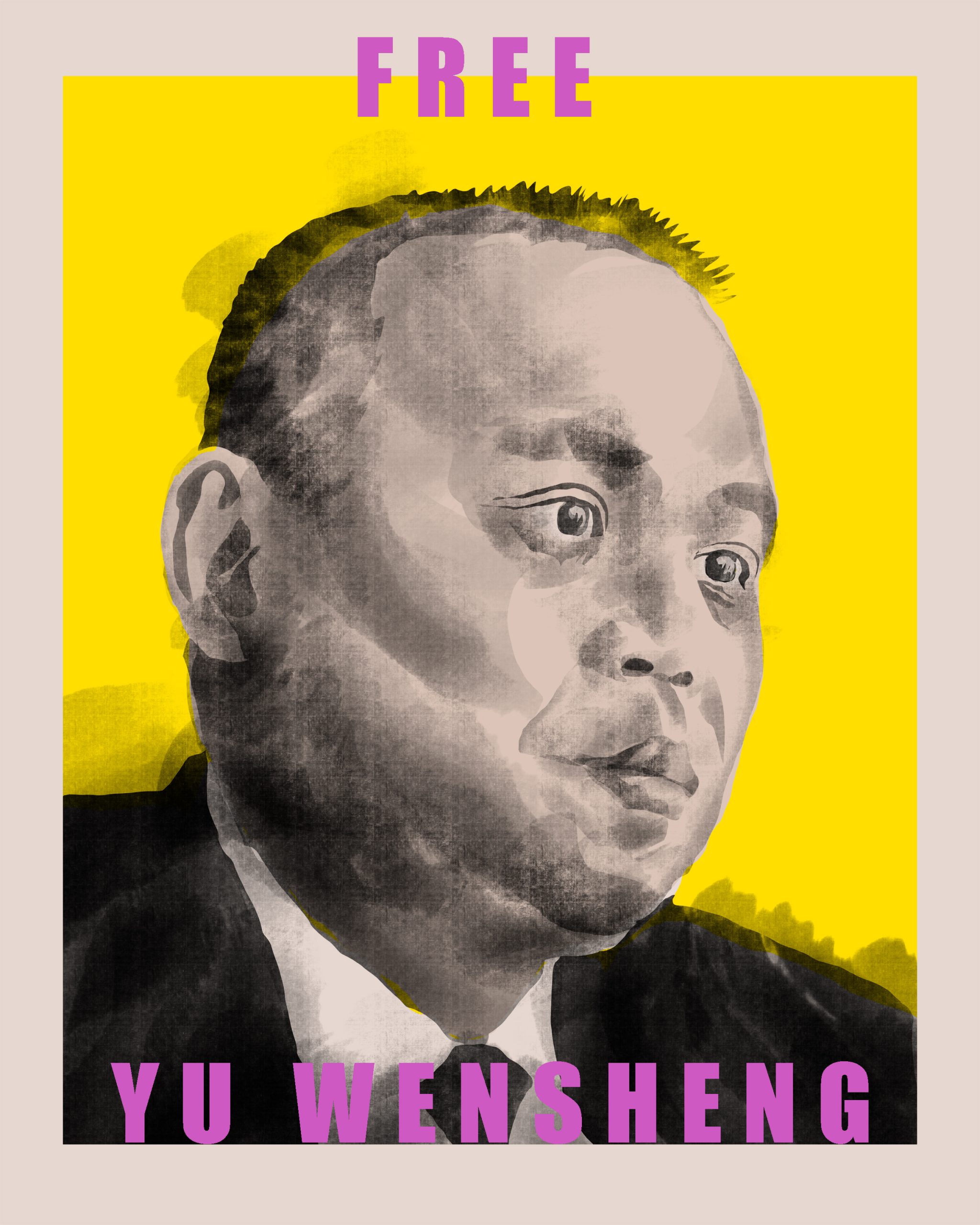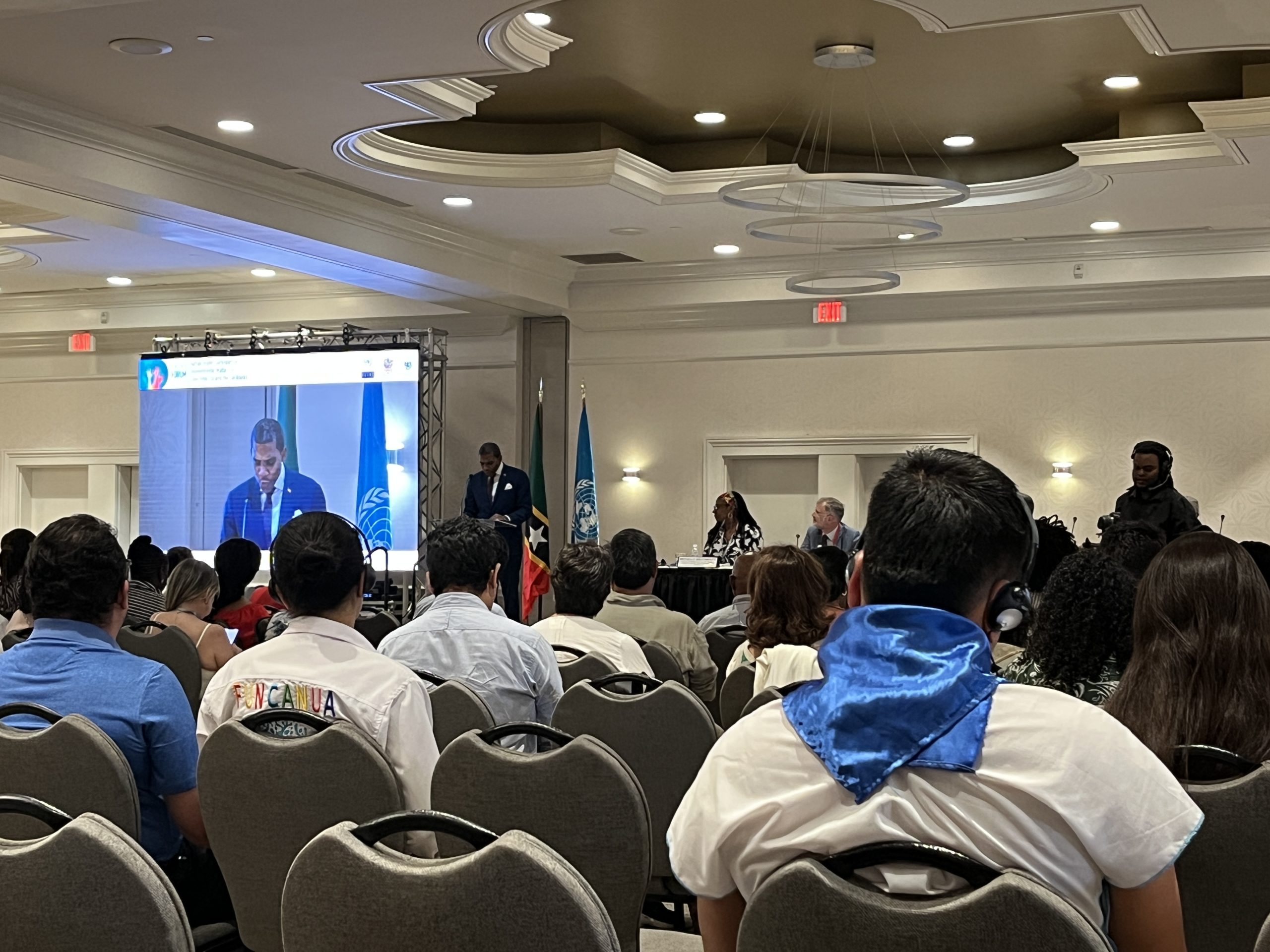请点此阅读中文版。
On 19 January 2018, lawyer Yu Wensheng (余文生) was taking his son to school in Beijing when he was suddenly taken away by nearly a dozen law enforcement officers. On 27 January, his wife Xu Yan received notice that he had been charged with ‘inciting subversion of State power’ and placed in ‘residential surveillance in a designated location’ (RSDL). In the two years since, lawyer Yu has been deprived of the right to meet with a lawyer of his or his family’s choice, and has been reportedly mistreated in custody.
‘RSDL has been roundly denounced as amounting, in practice to enforced disappearance’, says Sarah M. Brooks, ISHR’s Asia advocate. ‘And yet, recommendations to amend the Criminal Procedure Law fall on deaf ears in Beijing, who continue to use this as a tool to target dissent.’
During years of work to advance human rights and democracy in China, lawyer Yu had experienced various forms of harassment. Following the ‘709 crackdown’ in 2015, lawyer Yu represented fellow colleagues such as Wang Quanzhang. This resulted in further threats, including the revocation of his legal license on 16 January 2018. The day before he was taken by police, he had published an open letter calling for amendments to China’s Constitution, including reforms for fair elections and oversight of the Chinese Communist Party.
Now, Xu Yan has become a defender in her own right, fighting to learn her husband’s fate and whereabouts, and reunite her family. She has also faced intense surveillance and challenges to do so. But she persists: ‘When lawyers are deprived of liberty, there is no way to guarantee legal rights of anyone’.
In countries like China, the role of the international community to support the efforts of families and colleagues to call for the release of detained human rights advocate like Yu Wensheng is essential. In recognition of the two-year anniversary of his disappearance, ISHR prepared a review of actions taken by the UN human rights system to speak up for lawyer Yu, call for his release, and support his family.
Through attention from member States like Germany and Czechia, to UN experts on human rights, and with solidarity from civil society around the world, Yu Wensheng’s case has gained in visibility. It has come to symbolise the situation of many lawyers in China – both the vital work they still conduct daily to uphold constitutional rights and freedoms, defend the vulnerable, and stand up for each other, as well as the repression they face and the high risk of reprisals they are exposed to.Despite this, Yu Wensheng remains in jail, incommunicado, awaiting a sentence from a secret trial. ISHR urges the UN and Governments to step up action to ensure lawyer Yu’s immediate release.
At the same time, this anniversary comes on the heels of another crackdown on lawyers, as well as others working for democracy and to combat discrimination. Since 18 December 2019, nearly two dozen lawyers and activists have faced interrogation, administrative detention, harassment, travel bans, and in some cases been charged with crimes, including ‘subversion of State power’, in what is now called the December 26 or ’12-26’ crackdown.
‘When governments insist on the release of Yu Wensheng, and all those unjustly deprived of liberty in China’, says Brooks, ‘they are taking a stand for justice and human rights. They are also sending an important message of hope and support to those detained, their loved ones and the human rights movement that this “new normal” is unacceptable.’
‘In the midst of another crackdown, such a stand couldn’t come at a better time.’
The timeline below can also be downloaded below:
English: printable version or full-length digital version
Chinese (simplified): printable version or full-length digital version






